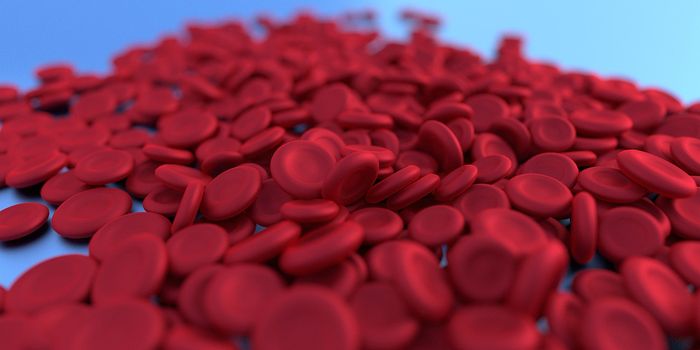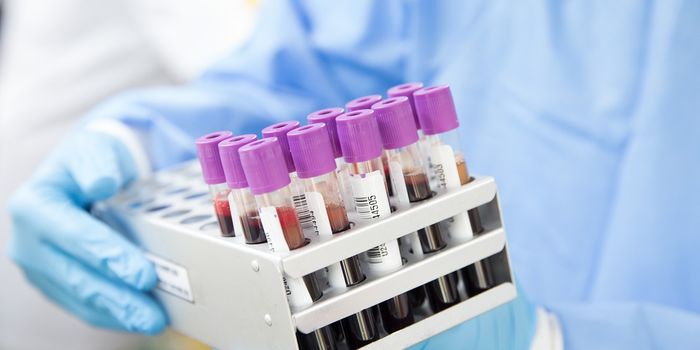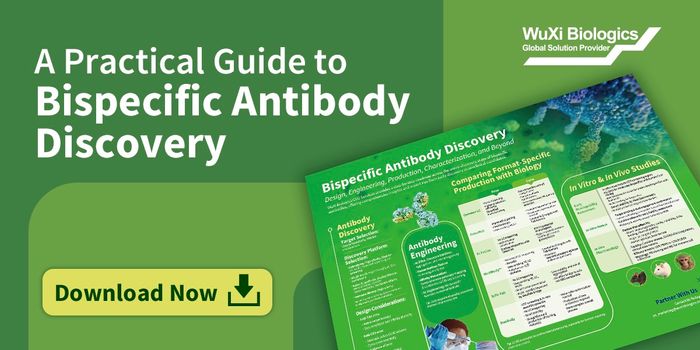Gut Microbiota Promotes Resistance to Prostate Cancer Therapy
The American Cancer Society estimates that nearly 250,000 men in the United States will be diagnosed with prostate cancer this year. Advanced prostate cancer is typically treated with androgen deprivation therapy (ADT) characterized by surgical or pharmacological approaches to reduce male sex hormones.
Many prostate cancer patients initially respond to ADT but subsequently develop resistance to the treatment. Such castrate-resistant prostate cancers (CRPC) continue to grow in the absence of androgen, and these patients no longer respond to ADT. Treatment options for CRPC remain limited, so novel interventions to delay the transition from hormone-sensitive prostate cancer to CRPC could have a significant impact on survivorship.
The cancer research field has recently taken an interest in understanding how the gut microbiome affects cancer progression. The microbiota consists of microorganisms that live in the gut, and, under normal conditions, there is a mutually beneficial relationship between the bacteria and the host. However, under stressful conditions, including cancer, the natural balance is offset, resulting in tumor-favorable conditions.
Certain microbiome conditions can drive tumor initiation, promote tumor growth by inducing inflammation, or control anti-tumor immunity. Further, recent studies demonstrate how the microbiome can influence sensitivity to chemotherapy and immunotherapy. Thus, modulation of the gut microbiome could enhance treatment efficacy for cancer patients, including those with difficult to treat CRPC.
A study recently published in Science investigated how the microbiome could impact the onset of CRPC.
The investigators tested how the microbiome influenced the development of CRPC in mouse models of human prostate cancer. They used an antibiotic cocktail to deplete the microbiota in mice following castration, a method of surgical ADT. The antibiotic-treated mice demonstrated a delayed onset CRPC compared to those with an intact microbiome. In addition, the antibiotic-treated mice exhibited extended survival due to remaining responsive to ADT longer.
The study also examined the specific bacterial strains found in the microbiome of mice with CRPC. They identified two strains of bacteria, Ruminococcus gnavus and Bacteroides acidifaciens, enriched following the onset of CRPC. Interestingly, these types of bacteria converted metabolites into androgens.
The publication also explored the translational value of their pre-clinical findings. The researchers performed whole-genome sequencing (WGS) on specimens from patients with hormone-sensitive and CRPC. WGS revealed a gene signature, characterized by 33 bacterial species, enriched in the CRPC samples. Many of the strains identified in the CRPC-associated gene signature were from the Ruminococcus and Bacteroides genera, mirroring the pre-clinical data.
These findings suggest that low androgen levels in prostate cancer patients undergoing ADT could fuel the expansion of specific strains of bacteria capable of deriving androgens from inherent precursors. Further, the authors conclude that the gut microbiota contributes to ADT resistance in CRPC by providing an alternative source of androgens.
Sources: American Cancer Society, ADT, CRPC, initiation, inflammation, immunity, chemotherapy, immunotherapy, Science, WGS









